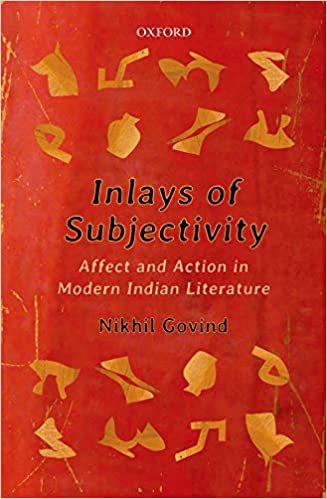Given the interest in emotions in understanding human behaviour more fully than ever before, researchers in recent times have been looking at the crevices between thought and word, cracks and gaps through which meaning can slip unnoticed by readers. The well-respected German historian Margrit Pernau, for instance, has been working on the history of emotions for some time now and deems emotions to be the shapers of both politics and personal lives. Since literature not merely reflects the emotions of its present time but can also shape how future emotions develop, this linkage between literature and emotions needs the closest possible study.
Nikhil Govind, who heads the Manipal Centre for Humanities in Karnataka and has in the past looked at the revolutionary streak in the Hindi novel, now turns his gaze to the abstract and the subjective. Pain, oppression, suffering, humiliation, injustice, chagrin, absurdity, inadequacy and all forms of subjectivity interest him in his explorations in the present study. Using a range of literary texts from Bangla, Hindi, Urdu, Marathi and Malayalam, he traverses the axes of religion, caste, class and social status. As he sums up in his conclusion: ‘All the texts discussed in this book bring up these abysmal questions of authentic response and responsibility to varying kinds of affliction and hurt (humiliation, abandonment, mistrust, poverty, unfreedom, rage, shame, and so on).’

